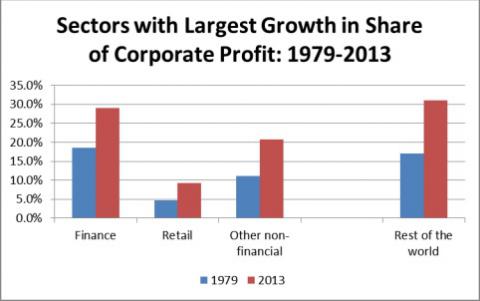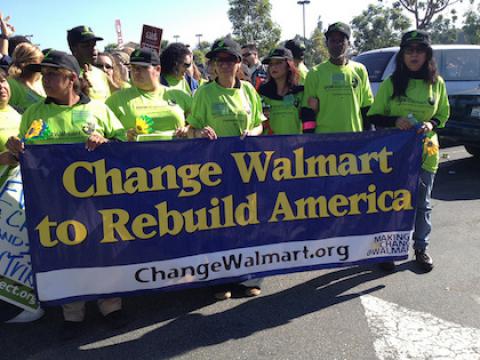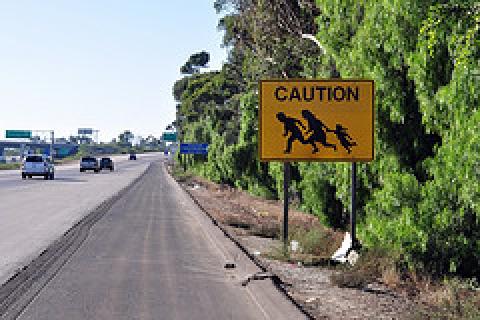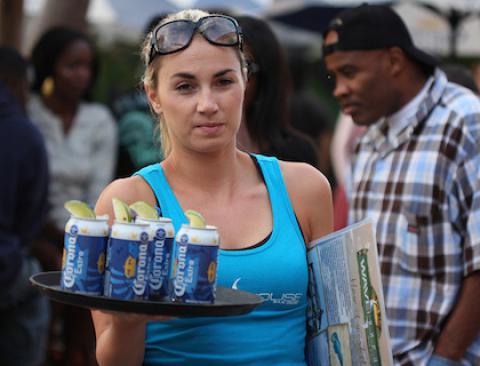A pivotal time for Atlantic City casinos and unions
The Philadelphia Inquirer
As city police hauled away about two dozen of his casino union brethren in handcuffs at a mass protest last week, longtime Trump Taj Mahal bartender Al Messina couldn't help but wonder aloud:Is this what 24 years comes down to? What happened to the bond between the casino industry and its workers?










Spread the word